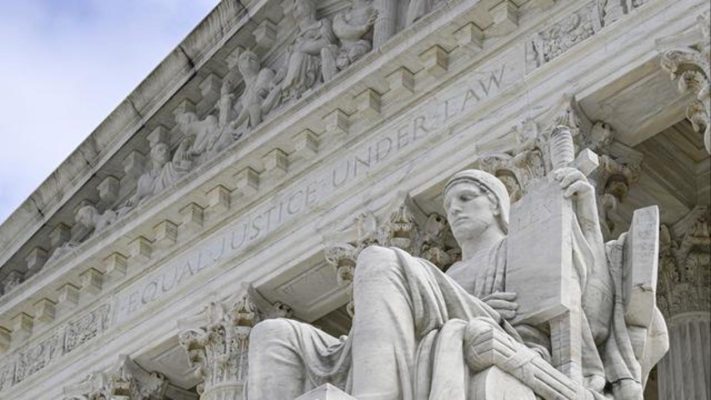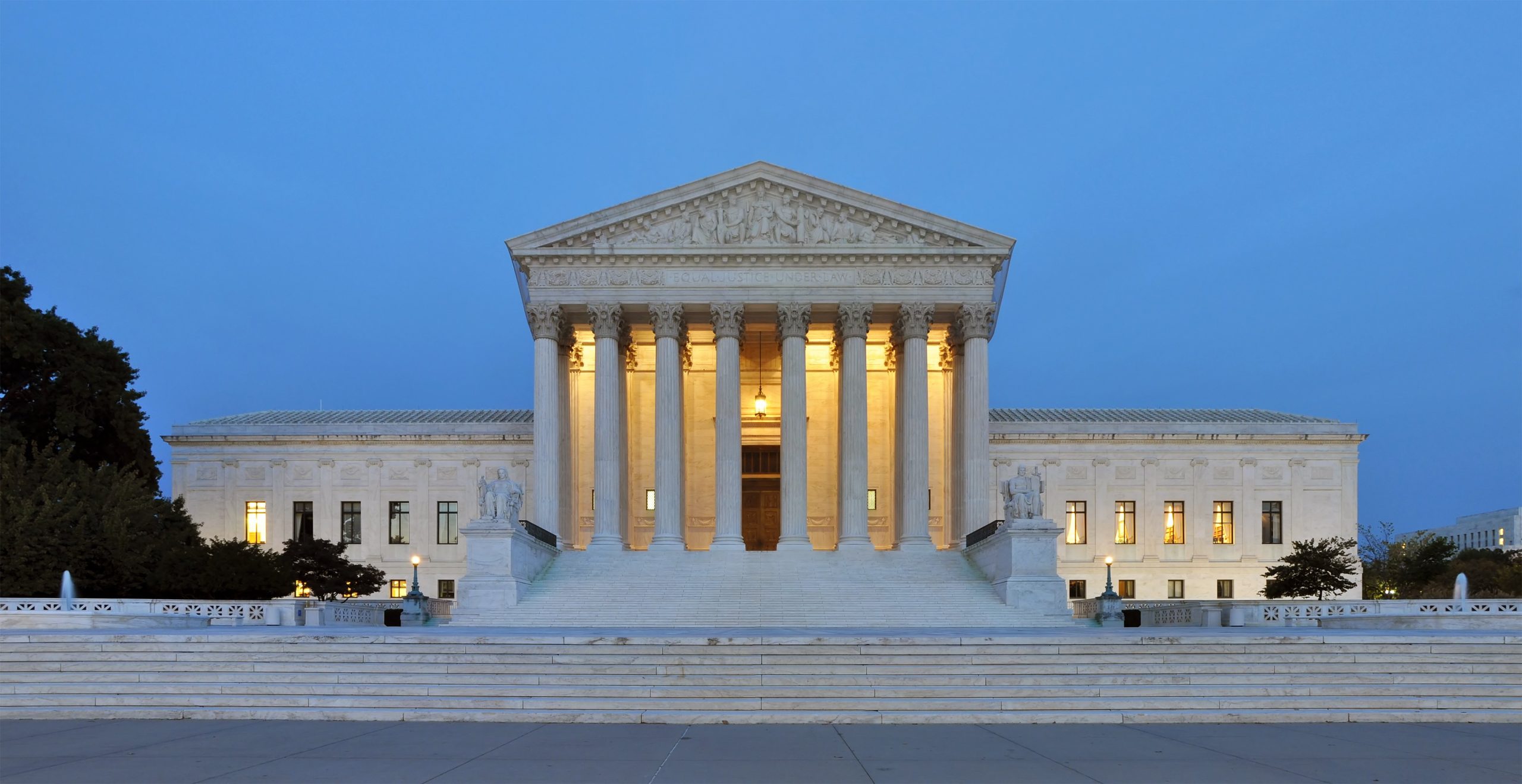First Amendment Freedoms Face Test in Landmark Social Media Cases
The Supreme Court heard arguments in two cases that could have major implications for the First Amendment rights of social media platforms. At issue were laws passed in Texas and Florida that restrict platforms’ ability to moderate content on their sites.
Over the course of nearly four hours, the justices wrestled with how far the protections of the First Amendment extend when it comes to large social media companies. On one hand, the states argued that platforms censor certain viewpoints, violating users’ speech rights. However, the companies maintained that as private entities, they have their own First Amendment freedoms to control the expression allowed on their sites.
Section 230 Scrutiny

Lurking in the background of the cases was also Section 230 of the Communications Decency Act. This much-debated law provides broad immunity for platforms from liability for user-generated content. Several justices noted that the outcome could impact how Section 230 is applied in other cases. If social media is deemed protected First Amendment speech, it could open the door to more lawsuits against companies over content moderation.
By the end of arguments, most justices seemed reluctant to issue a sweeping ruling. Several floated the idea of sending the cases back to lower courts for further review. This would give those courts time to analyze how the laws might apply to different types of internet sites, from massive platforms to smaller services. It would also avoid an immediate decision on issues with potentially First Amendment implications for both social media companies and their users.





